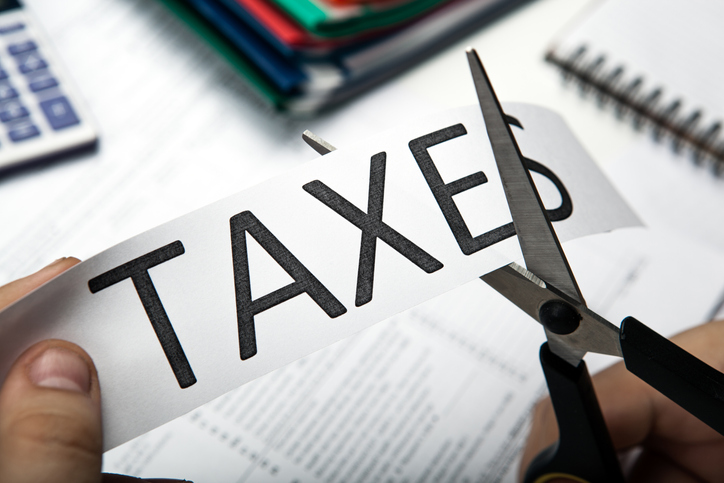(The Center Square) — Property taxes going up are “unprecedented,” says the Vermont tax commissioner, and they are also “unacceptable,” says the governor.
The Vermont Department of Taxes is estimating a 18.5% rise in property taxes next year, driven by a 12% increase in education costs. This includes wages and health care benefits for teachers, rising costs for school building upgrades, and funding for special education and mental health services.
Republican Gov. Phil Scott is urging Democrats who control the state Legislature to rollback the increases.
“Vermont’s tax burden is already, unfortunately, among the highest in the country, and families are bearing an incredible burden with increased costs of living across the board, including new and higher taxes and fees imposed by the Legislature,” Scott said in a statement. “Put simply, a nearly 20% property tax increase would hurt Vermonters and our economy, and we cannot let it happen.”
Tax Commissioner Craig Bolio said the “unprecedented” property tax hike will have “very real financial impacts at a time Vermonters are already struggling to pay for housing.”
Under the projected rate hikes, the actual average homestead property tax rate will have a tax bill increasefrom $1.54 for every $100 of property value in the current fiscal year to $1.80 in fiscal year 2025, which begins July 1, 2024, according to the tax office.
The average nonhomestead rate is projected to rise from $1.60 for every $100 of property value in the current fiscal year to $1.86, the report noted.
If the proposed increases go through, property taxes on a $250,000 home in Vermont would increase by about $650 in the next fiscal year, according to the Tax Department.
Bolio said a major driver of the property tax hikes is that many school districts have changes from the state’s pupil weighting system, which determines how education funding is distributed. Changes in pupil counts affect education tax rates, which are based on per pupil spending.
Scott urged lawmakers to work with his administration to reduce the projected property tax hike and improve affordability for the state’s taxpayers.
“Together, we can, and must, prevent this untenable tax increase, or anything close to it, from coming to pass,” he said.
Originally published by The Center Square. Republished with permission.
For more from Budget & Tax News.
For more public policy from The Heartland Institute.
